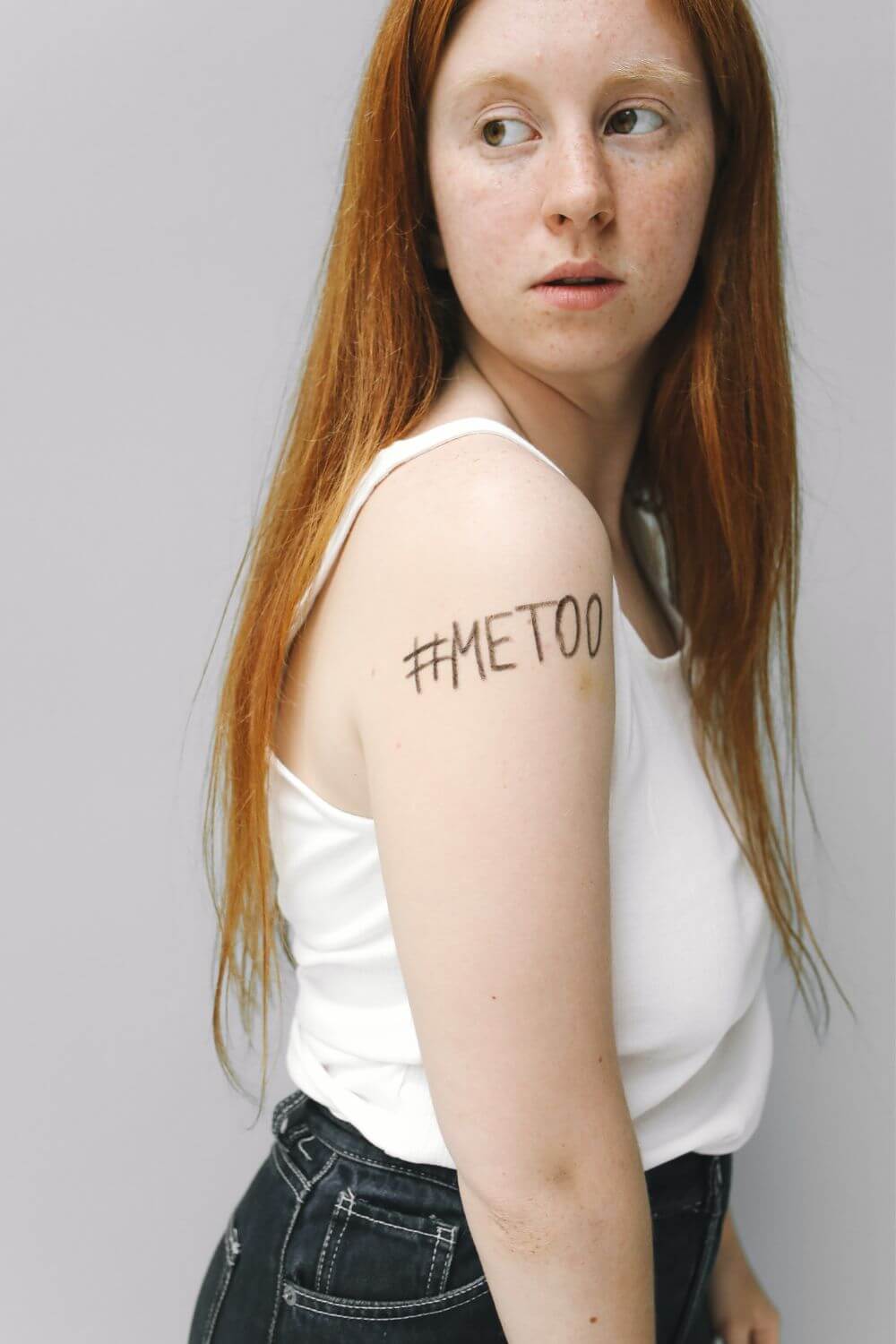Resources to Identify, Prevent & Report Sexism
FH OÖ’s Commitment to Diversity and Inclusion
FH OÖ Compass upholds the 10 guiding principles of the University of Applied Sciences Upper Austria. Therefore, FH OÖ Compass upholds guiding principle 2, which states: “We represent a value system that does not tolerate any form of discrimination, be it on the basis of gender, ethnic origin, religion, ideology, disability, age or sexual orientation.”
Additionally, the university Compass site upholds guiding principle 10, which states: “We are committed to the fundamental right to education for all people and support people nationally and internationally in acquiring the necessary knowledge and skills.”
FH OÖ commits to creating and maintaining a safe, respectful, and inclusive learning environment for all students. Here you’ll find resources to identify, prevent, and report sexism.

Identify Sexism
According to the Council of Europe, sexism is defined as the following:
- Any act, gesture or behavior
- connected with the sex of a person or considering that person as inferior or essentially reduced to her or his sexual dimension
- connected to harmful gender stereotypes
- Committed in a public or private place
- With the purpose or effect of:
- violating the dignity of a person, or of
- creating an intimidating, hostile, degrading, humiliating or offensive environment” 1
Sexism is gender-based discrimination, and includes gender stereotypes and prejudiced behaviour patterns, false beliefs and attitudes, and gender generalizations. According to the European Institute for Gender Equality, “sexism is linked to power in that those with power are typically treated with favor and those without power are typically discriminated against.” 2
It is also related to “considering gender as relevant where it is not.” 3
In order to identify sexism, it’s essential to become aware of your own perspective and biases, which are often a result of your upbringing, life experiences, and country of origin. Educate yourself and expand your perspectives by unlearning your own biases and engaging in constructive conversations with others.
The FH OÖ Compass upholds the University of Applied Sciences Upper Austria’s guiding principle 10, which states: “We are committed to the fundamental right to education for all people and support people nationally and internationally in acquiring the necessary knowledge and skills.” FH OÖ students are encouraged to ensure that FH OÖ is a safe, inclusive, and positive community for all.

Identify Sexism in Everyday Life
The #MeToo movement has shown that discrimination against women is still deeply rooted in society. Even at a young age, people are shaped by role models and stereotypes in which, for example, girls are portrayed as beautiful, gentle and sensitive, while boys are adventurous, courageous and strong.
Sexism occurs in many everyday situations and, therefore, is often more than an accumulation of individual cases. Sexism, including sexist language, statements, and stereotypes, are discriminatory, and when addressed are, unfortunately, often belittled, ignored or socially accepted.
Especially in the professional context, sexism, including sexist language, statements, and stereotypes, can occur. Because of the professional environment, it is often difficult for victims to directly address the incidents, especially when sexist comments are made by a superior or colleague.
It is a structural problem that affects all people and requires a fundamental rethinking in society. Therefore, it is essential to be aware of the problem, educate yourself, and expand your perspectives by unlearning your own biases and engaging in constructive conversations with others.
Identify Sexism in Language
Discrimination against women is particularly visible in language, for example, women are often degraded or implied only in certain contexts. The so-called generic masculine is used to describe mixed gender groups and includes both men and women (e.g. teachers, students, employees, politicians, etc.). These word forms are referred to as “neutral”, although the connotation is strongly masculine, which contributes to sexist language.
However, it is not only the use of the generic masculine language that reflects sexism at the linguistic level. Words that have to do with the female body, female sexuality or homosexuality are often used as abusive words, and thus discriminate.
Sexist expressions and forms of linguistic sexism have crept unnoticed into language usage over the years, and have been passed on inadvertently. This makes it all the more important to respect everyone and use inclusive language. The University commits to creating and maintaining a safe, respectful, and inclusive learning environment for all students.
Learn more about inclusive language here: FH OÖ handout on gender-sensitive language
Prevent Sexism

Further information to identify, prevent, and report sexism
Learn about the FH OÖ Gender and Diversity Management Conference (GDM-K)
Need Help? Anonymously Report to the FH OÖ GDM-K
Need Help? Contact an FH OÖ Mental Health First Responder on your Campus
Need Help? Contact the ÖH FH OÖ Student Helpline
European Institute for Gender Equality: Sexism at work
SoroptimistEurope: Sexism
Counseling Centers to Receive More Support
Ombud for Equal Treatment
Personal and free consultation (also with translation service)
Monday – Thursday: 9 a.m. – 3 p.m.
Friday: 9 a.m. – 12 p.m.
Phone: 0800 – 206 119 (Consultation and reporting of an incident)
Phone: 0732 – 783 877 (Regional Office for Upper Austria)
Mail: gaw@bka.gc.at
www.gleichbehandlungsanwaltschaft.at
Handout of the FH OÖ: Need Some Help – First orientation for problems around studying
Would you like to contact us or improve FH OÖ Compass? We look forward to hearing from you!
You are welcome to send us (Compass-Team) a message anonymously or directly.
-
- If you want to write anonymously, just type the message and send it.
- If you have a personal question and need an answer, please also include your email address!
1 Council of Europe (n.d), “Elements of a Council of Europe Definition of Sexism,” (accessed January 11, 2024), [available at https://rm.coe.int/16806fbc0d#:~:text=Sexism%20can%20be%20understood%20to,to%20her%20or%20his%20sexual.].
2 “sexism | European Institute for Gender Equality” (2023), (accessed January 11, 2024), [available at https://eige.europa.eu/publications-resources/thesaurus/terms/1325?language_content_entity=en].
3 “sexism | European Institute for Gender Equality” (2023), (accessed January 11, 2024), [available at https://eige.europa.eu/publications-resources/thesaurus/terms/1325?language_content_entity=en].
